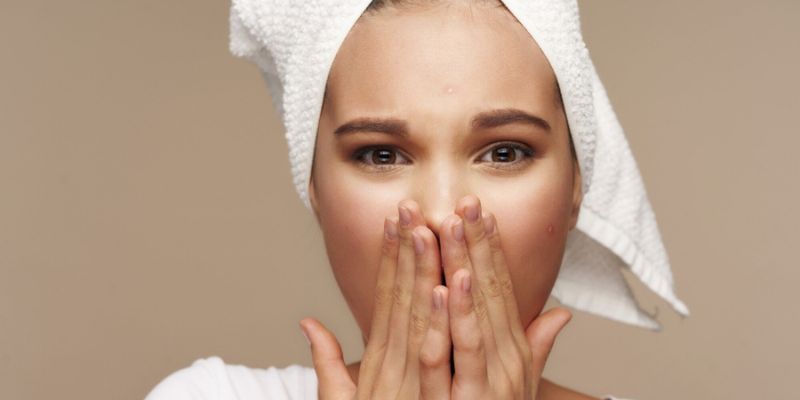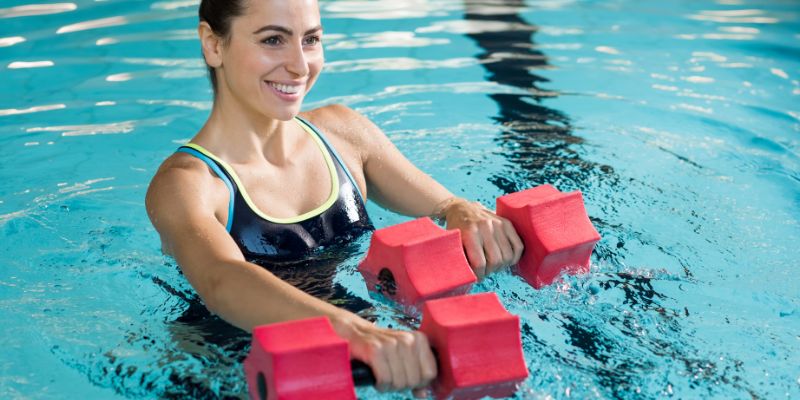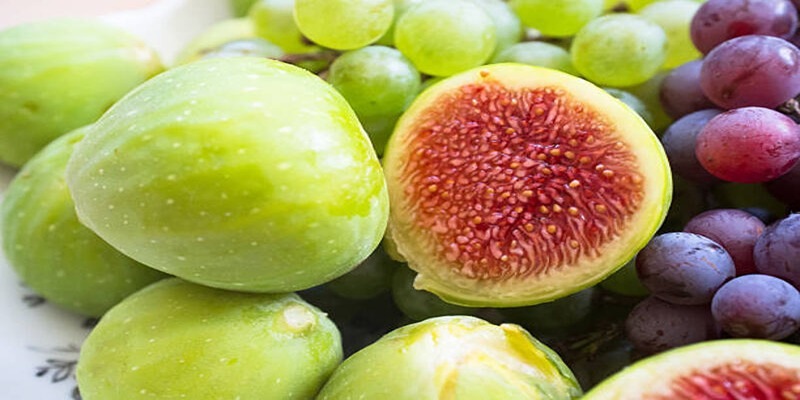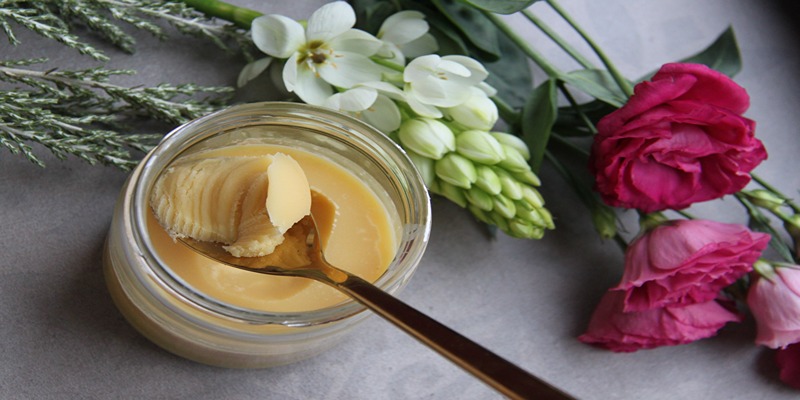We've all been there - waking up to find an unsightly pimple on our faces. The temptation to pop it and make it disappear can be strong, but is this the best course of action? This article will explore whether you should or shouldn't pop a pimple.
What happens when you pop a pimple?
The formation of a pimple begins with the combination of three key factors: bacteria, sebum, and dead skin cells.

Firstly, the pores on our skin produce an oily substance called sebum, which helps to keep our skin moisturised. However, a pimple can form when too much sebum is made or if the pores become clogged.
Bacteria also play a role in pimple formation. The most common bacteria involved is called Propionibacterium acnes. This bacteria thrives in the oily environment of our skin and can multiply when pores are clogged. This bacteria triggers an immune response from our body, leading to inflammation and the formation of a pimple.
Dead skin cells also contribute to pimple formation. As our skin naturally sheds dead cells, these cells can mix with sebum and bacteria and become trapped in the pores. It creates an ideal environment for the growth of bacteria and inflammation.
Reasons to avoid popping a pimple
There are several reasons to avoid popping a pimple. First and foremost, there is a risk of infection and scarring. Popping a pimple can break the skin and introduce bacteria, leading to an infected or even more severe skin infection. Additionally, popping a pimple can cause trauma to the surrounding skin, resulting in scarring that can be difficult to fade.
Another reason to avoid popping a pimple is that it can spread bacteria and the formation of new pimples. When you squeeze a pimple, the contents can be pushed deeper into the pore or applied to nearby pores, causing the development of new pimples. It can create a vicious cycle of breakouts that is difficult to break.
Lastly, it is essential to allow a pimple to heal naturally. Our bodies have a natural healing process that repairs damaged skin and resolves inflammation. Popping a pimple disrupts this process and prolongs the healing time. It is best to let a pimple go through its natural course and use appropriate skincare products to heal.
What happens if you don't pop a pimple properly?
When it comes to popping pimples, it's essential to do so correctly to avoid causing further irritation or infection. If you don't pop a pimple properly, there are several potential consequences.

Firstly, if you squeeze or pick at a pimple with dirty hands or tools, you can introduce bacteria to the area and increase the risk of infection. It can lead to redness, swelling, and even the formation of more pimples.
Additionally, applying too much pressure or popping a pimple too aggressively can damage the surrounding skin. It can result in scarring, hyperpigmentation, or an open wound that takes longer to heal.
Furthermore, if you only partially pop a pimple, leaving some of the pus or debris behind, it can lead to the reoccurrence of the pimple or the formation of a new one in the same area.
Should you pop pimples with pus?
To properly pop a pimple, it's recommended to cleanse your hands and the affected area with a gentle cleanser. Then, apply a warm compress to the pimple for a few minutes to soften the skin and make it easier to extract the pus.
Using clean and sterilised tools, gently apply pressure around the pimple until the pus is released. Afterwards, cleanse the area again and apply an antibacterial ointment or spot treatment to promote healing and prevent infection.
However, it's generally best to let a pimple run its course without popping it, if possible. Suppose you're unsure or uncomfortable about popping a pimple yourself. In that case, it's always a good idea to consult a dermatologist who can guide and perform any necessary extractions safely and hygienically.
When is it appropriate to pop a pimple?
Determining when it might be appropriate to pop a pimple can be tricky, as it is generally best to let it heal independently. However, there are some guidelines you can follow to determine when it might be appropriate to pop a pimple:
Wait for it to come to a head
Popping a pimple before it has come to a head can lead to further inflammation and potential scarring. Wait until you see a visible white or yellow head on the pimple before popping it.
Assess the discomfort level.
If the pimple is causing significant pain or discomfort, such as throbbing or pressure, it may be appropriate to pop it carefully. However, if the discomfort is minimal or manageable, it's best to leave it alone.
Use proper hygiene practices.
Before popping a pimple, ensure your hands and the affected area are clean. Wash your hands thoroughly with soap and warm water, and cleanse the pimple with a gentle cleanser. It helps minimise the risk of infection.
Use proper technique
To minimise damage to the skin, use a sterile needle or pin to pierce the pimple's head gently. Apply gentle pressure using clean cotton swabs or tissue to extract the pus. Avoid squeezing or pressing too hard, as this can cause more harm than good.
Follow up with proper care.
After popping a pimple, apply an antiseptic ointment or spot treatment to help prevent infection. Avoid touching or picking at the area further, allowing it to heal naturally.
Conclusion
In general, popping pimples should be avoided due to the potential risks involved. Instead, focus on preventing future breakouts through proper skincare routine and seeking professional help if needed.
However, if necessary for medical reasons (e.g. painful cysts) or done correctly with sterile tools, it may be okay to pop a pimple in certain situations. Remember to always consult with a dermatologist for proper guidance and treatment options.




